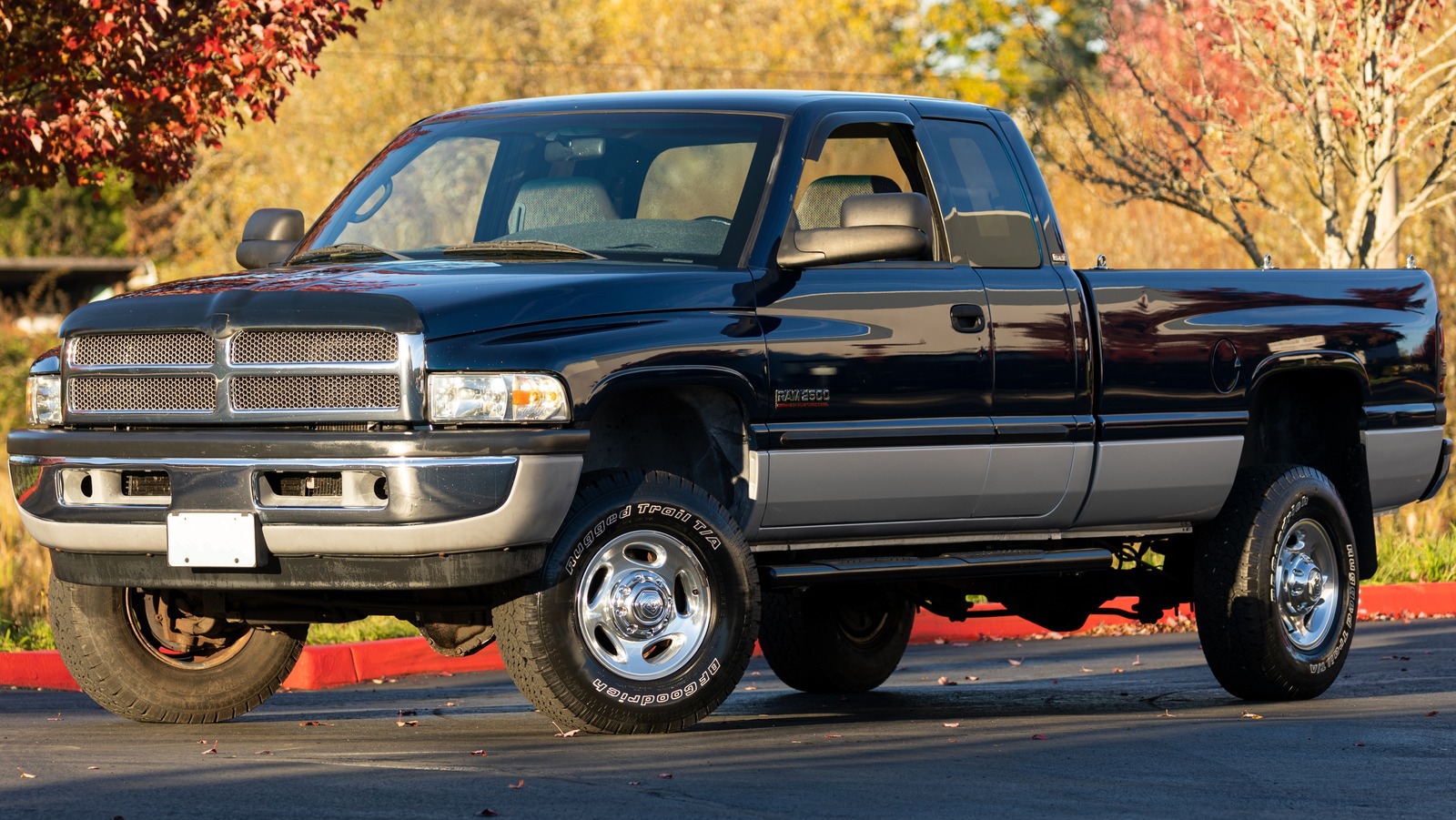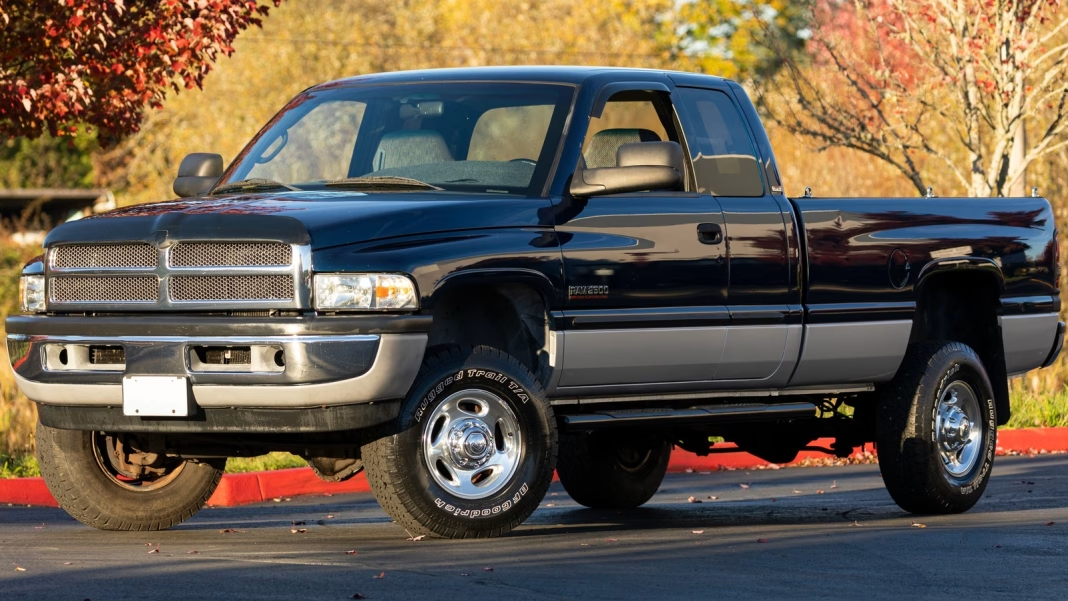Cummins diesel engines have built a solid reputation over the years for their reliability and performance. Whether you’re a truck enthusiast, a fleet manager, or just someone who appreciates a good engine, you’ve likely heard the praises sung about these powerhouses. But like any product, there are some bumps along the road. If you’re considering purchasing a Cummins diesel engine, it’s crucial to know which years to steer clear of. Let’s dive into the details.
What Makes Cummins Diesel Engines Stand Out?
First off, let’s talk about what makes Cummins engines so appealing. Known for their durability and torque, these engines are often the go-to choice for heavy-duty trucks and equipment. They’re designed to handle tough conditions, making them a favorite in industries like construction and agriculture. Plus, they tend to have a longer lifespan compared to many competitors, which is a significant factor for anyone looking to invest in a vehicle or machinery.
However, not every model year has lived up to this stellar reputation. Certain years have seen quality issues that can lead to headaches down the line. Knowing which ones to avoid can save you time, money, and frustration.
Which Years Should You Avoid?
When it comes to Cummins engines, a few specific years have garnered a reputation for having quality control issues. Here’s a quick rundown:
1. **1998-2002**: These years of the 5.9L Cummins engine are notorious for problems related to the fuel system and turbocharger failures. While some owners have had good experiences, many have reported significant issues that can lead to costly repairs.
2. **2007-2009**: The introduction of stricter emissions regulations during this period led to the implementation of diesel particulate filters (DPF) and other components that, unfortunately, didn’t always perform well. Many users experienced issues with regeneration cycles, leading to engine performance problems.
3. **2013-2015**: This era saw the introduction of the 6.7L engine with new emissions technology. While the engine itself has potential, many owners reported problems with the exhaust gas recirculation (EGR) system, which can lead to overheating and other complications.
4. **2019**: While not as widely criticized as the previous years, some users reported issues with the 2019 models, particularly concerning the engine’s electrical systems and sensors. These problems can lead to performance issues that are frustrating for drivers.
Real-World Implications of These Issues
So, what does this mean for you? If you’re in the market for a used truck or equipment with a Cummins engine, being aware of these problematic years can help you avoid a potential money pit. For instance, a 2008 Dodge Ram with a Cummins engine might look appealing, but if it’s not well-maintained, you could be facing significant repair bills down the line.
Conversely, if you find a model from a more reliable year, you’re likely to enjoy the benefits of a robust engine that can handle heavy loads and tough conditions without the nagging worry of impending repairs.
How to Ensure You’re Getting a Good Deal
If you’re set on purchasing a Cummins engine, here are a few tips to help you make a wise choice:
– **Research the Vehicle History**: Always check the maintenance records. A well-documented service history can indicate how well the engine has been cared for, regardless of the model year.
– **Get a Pre-Purchase Inspection**: If you’re not mechanically inclined, consider hiring a professional to inspect the vehicle. They can identify any red flags that might not be immediately obvious.
– **Join Forums and Communities**: Engaging with other Cummins enthusiasts can provide valuable insights. They can share their experiences, recommend trustworthy sellers, and help you navigate potential pitfalls.
– **Consider Warranty Options**: If you’re buying from a dealer, inquire about any warranties or guarantees. A good warranty can provide peace of mind, especially if you’re considering a model from a less reliable year.
The big takeaway? Knowing which Cummins engine years to avoid isn’t just about steering clear of trouble; it’s about making an informed decision that leads to a satisfying ownership experience. Start with one change this week—maybe research a specific model or reach out to a community of enthusiasts—and you’ll likely spot the difference in your confidence when making a purchase.


